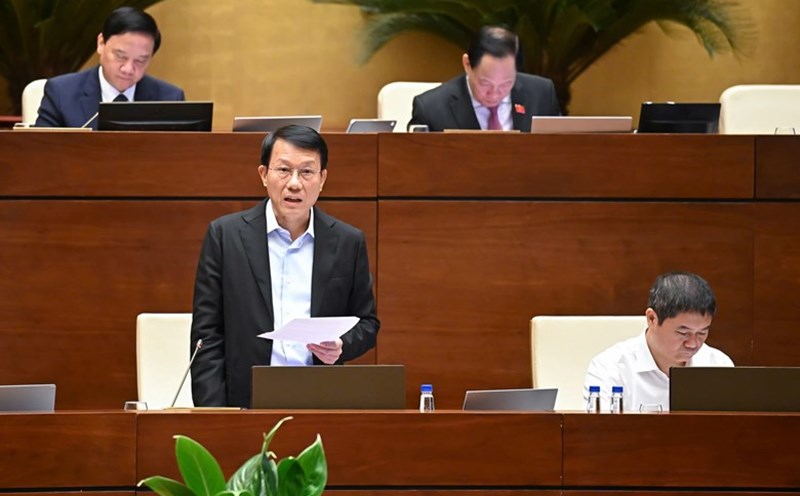According to the Statistics Office (Ministry of Finance), on June 7, 2024, the Prime Minister issued Decision No. 484/QD-TTg on organizing the Rural and Agricultural Census in 2025. Accordingly, the 2025 Rural and Agricultural Census will be deployed to collect information nationwide for 30 days, starting from July 1, 2025 to July 30, 2025.
The rural and agricultural census is one of the three largest statistical censuses, organized on a 10-year cycle, to collect comprehensive information on agriculture, forestry, fishery and rural development status nationwide.
According to Ms. Nguyen Thi Huong - Director of the Statistics Office - this general survey is of great significance, especially in the context of Vietnam promoting the transformation of agriculture and rural areas towards modernity and sustainability, requiring a strong enough data platform to serve policy making, analyzing development trends, serving national target programs and meeting new requirements in the context of international integration.
The survey aims to collect basic information in the fields of agriculture, forestry, fishery and rural areas; serve the calculation of national statistical indicators, assess the current status of rural development and agricultural, forestry and fishery production. Investigation data will help build and plan and policies for socio-economic development in a suitable, sustainable and practical manner.
The subjects of the investigation include households, farms, enterprises, cooperatives with agricultural, forestry and fishery activities and commune People's Committees. The investigation combines two forms: investigating all investigation units and investigating sample selection to collect in-depth information. The method of selecting two-phase layered models will be applied to ensure accuracy and high representation.
Notably, the 2025 rural and agricultural census will simultaneously apply two modern information collection methods: direct interview using electronic forms (CAPI) and indirect collection via Webform. The application of digital technology will contribute to improving information quality, shortening investigation time, ensuring transparency and efficiency in the process of processing and synthesizing data.










